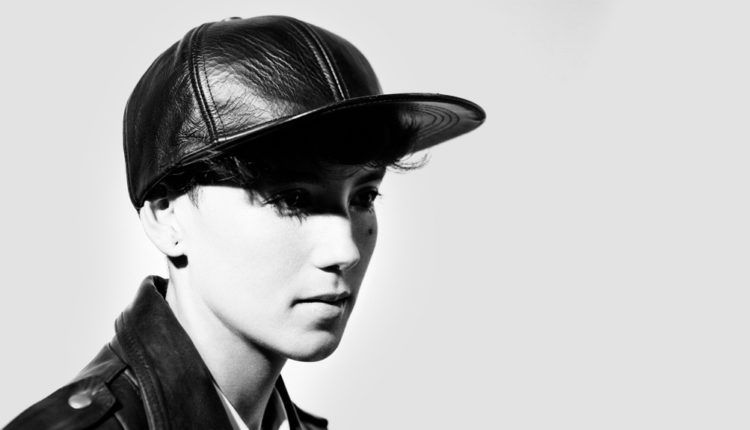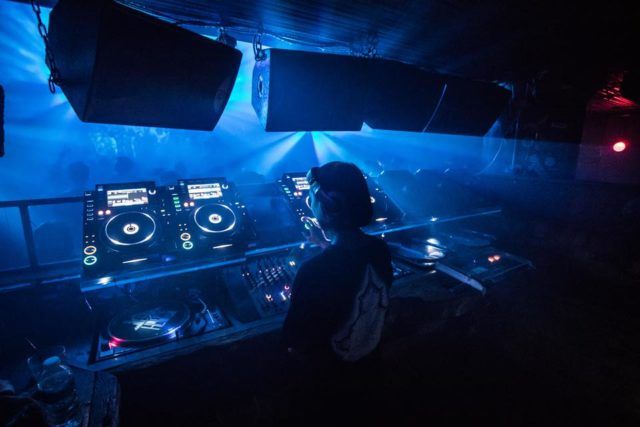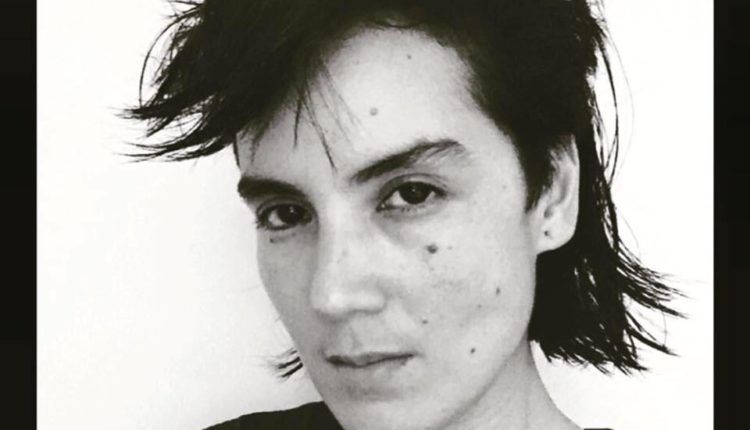Continuing our series of quick DJ vignettes, we’re back with another quick interview. This time, Hawaii-born multi-talented DJ and producer Kim Ann Foxman (Firehouse Records) shares her views on DJing, creating balance when touring, and staying true to herself.
We had a chance to ask a few questions, so tap the video below to listen to recent mix and keep reading!
What drove you to DJing, and how did you get started?
I was collecting underground dance records for a long time as a fan since the mid 90s when I moved to San Francisco. The scene at the time there was very inspiring. It was also the era of collecting rave tapes. I would collect all my favorite tunes on vinyl that I would hear out at raves or that I loved from my cassette tapes.
At the time I was really into The Wicked Crew DJs and my friends from Pacific Soundsystem who threw the Sunset parties in the Bay Area.
Over the years I acquired this really nice collection of records, but I didn’t play them out till I moved to NY, and a friend asked me to play at his party in Brooklyn in 2002. From there I starting DJing a lot around NY as a local DJ.

What is the best party or club you’ve DJ?
Panorama Bar is of course one of my favorites. It’s a really special experience to play there.
How do you express your passion in a DJ set? Do tracks or techniques matter more?
For me, selection is where the passion comes in. Technical is just a means to tell your story the way you want.
Personally, I would rather hear great tunes then a perfectly mixed selection of boring music. They go hand in hand to make a good DJ set, of course, but selection to me is everything.
What DJ setup do you use most regularly?
Pioneer DJ CDJ-2000NXS2 and two Technics 1210s; and either a Pioneer DJ DJM-900NXS2 or Allen and Heath Xone:96 mixer.

Which effects do you love to use when playing in a club?
I don’t like to overuse effects, but done right to accent certain moments in a thoughtful and intentional way work really nice.
The Pioneer DJM-900 NXS2 has nice built-in effects compared to previous models because there is an EQ on the effects. So it doesn’t you have more control over it. You can cut the low, mid, and highs which to sound a lot better and less colored. I use the reverb the most and echo sometimes, and some of the other ones, but not nearly as much.
And sometimes, of course, I’m playing on a mixer which doesn’t even have effects besides a filter. I do use the high pass filters a lot.
What pieces of DJ technology would you like to see in the future?
I like things simple really. I don’t think it needs to get any easier to make a Dj set. I wouldn’t mind a Shazam blocker. I really loved when things were more mysterious and tracks had a longer shelf life. I loved when I would stumble across a track by accident that I was searching for 20 years. It felt really special. I think everything is so immediate these days in my opinion. It’s useful in obvious ways of course, but I think the mystery is sexy and just enjoying the moment. There was more passion when things were harder to attain.

How do you prepare your sets and do you know which tracks will work best?
I put together a folder that I’m really digging at the time. And I don’t really even know what my first song is gonna be until I’m at the club and I feel it out and I kinda take it from there.
I don’t like to stick to a premeditated set because that takes out all the fun. Being in the moment and reading the crowd is really important, so I like to read the energy, grab the crowd, and then I can take them anywhere along for the journey from there.
What essential qualities do you think help kickstart a successful DJ/ Producer career?
Having a real sound or aesthetic that stands out, that they own. There are so many DJs now, so you want to tell a story in a special way, that sounds like you. No matter what type of music you play, you have to sound like you.





